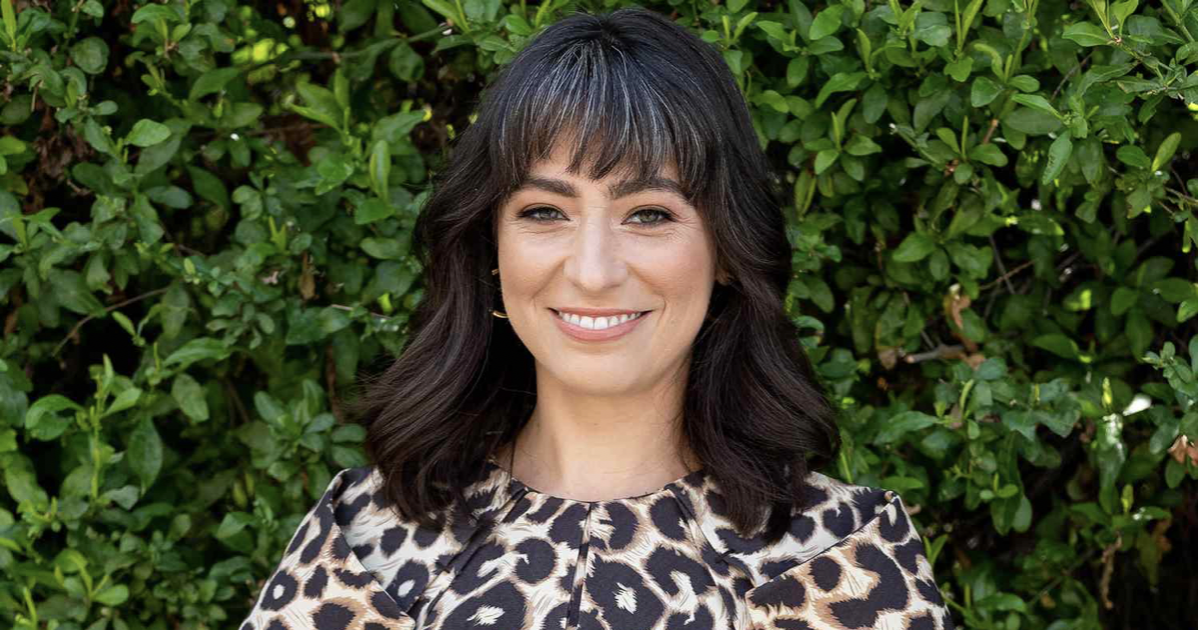Melissa Villaseñor And Putting Yourself First
- Melissa Villaseñor, 35, says she chose to leave ‘Saturday Night Live’ after six seasons to take care of her mental health.
- SurvivorNet believes in taking care of your mental health; it is as critically important as any kind of healthcare.
- Problems with mood and overall mental well-being can be attributed to several factors. For some people it's genetic, while others may be experiencing a response to some sort of stressor or past trauma.
“It was my decision,” she shared on an episode of The Last Laugh podcast. “I gave myself a lot of time in the summer to think on it and kind of play it out in my head if I go back.”
Read More
Put Yourself First
For Villaseñor and for many in the SurvivorNet community putting yourself first is not easy, but an important step in achieving better mental health.

Whether you are going through a cancer journey or a challenge in your life taking time to focus on yourself can be a process. There are a number of different paths people might take to help them cope, such as traditional therapy, support groups, meditation, and sometimes medical intervention such as antidepressants. And when going down these different paths it’s important to make sure the mechanism you have to care for your mental health continue to work throughout the process.
"I think flexibility is really a core of how to manage it," Dr. Samantha Boardman, a New York-based psychiatrist and author, tells SurvivorNet. "Are your coping strategies that you're using now, are they helpful in the way that they were in the past?"
How to Be Realistically Optimistic: Coping With Mental Health Long-Term
Dr. Boardman encourages people who may be struggling with their mental wellbeing to “take stock of their belief system” and ask themselves the following questions:
- Could these beliefs be harming me (like feelings of self-doubt or negativity)?
- Is my mindset holding me back from positive steps forward?
- Dr. Boardman suggests working to recognize any negative thoughts that may be making the process of cancer treatment more difficult, and trying to dismantle those to be more "realistically optimistic."

Coping With Anxiety
Dr. Marianna Strongin, a clinical psychologist and founder of Strong In Therapy, has been helping the SurvivorNet community by sharing coping mechanisms and a structured way to think about handling issues such as anxiety.
"The way that I define anxiety is that it's an internal question that we simply can't find the answers to," Dr. Strongin told SurvivorNet in a previous interview.
She says that one of the main causes of anxiety is uncertainty about life, and COVID-19 only fueled anxiety for individuals.
The first step for coping during stressful circumstances is understanding one's anxiety. To do this, Dr. Strongin suggests checking in with oneself everyday to see where the anxiety is manifesting and what questions are causing the anxiety. From there, it's important to answer those questions and reassure oneself with positivity.
"The answers are our coping skills," Dr. Strongin says. "Some people are really good at always giving themselves answers…other people don't have the coping skills to answer their anxiety and as a result the anxiety increases.”
The Anxiety Depression Association of America (ADAA) says anxiety disorders affect nearly 40 million U.S. adults 18 years and older making it one of the most common mental illnesses in the U.S. Anxiety can be developed through factors including genetics, personality, brain chemistry, and life circumstances. Despite being highly treatable, only 36% of people suffering receive treatment for anxiety disorders, said the ADAA.
Anxiety symptoms include feelings of irritability, fatigue, and nervousness. People struggling with anxiety also have trouble sleeping, difficulty concentrating, and rapid heart rate which leads to hyperventilation. Therapy and medication are the two most recommended forms of treatment for individuals with anxiety, and treatments vary depending on the type of anxiety an individual has.
Learn more about SurvivorNet's rigorous medical review process.


